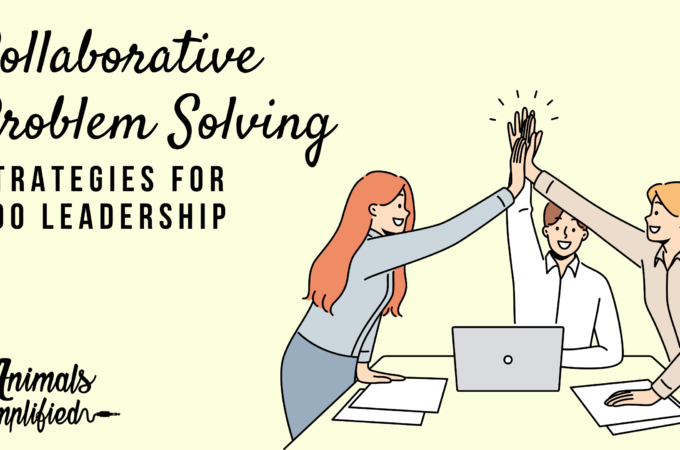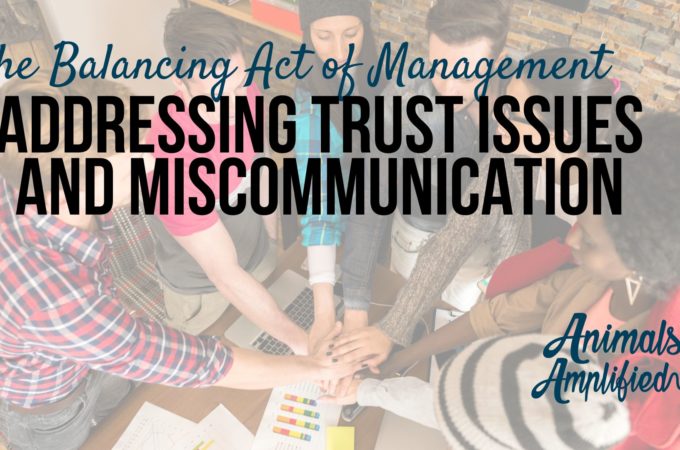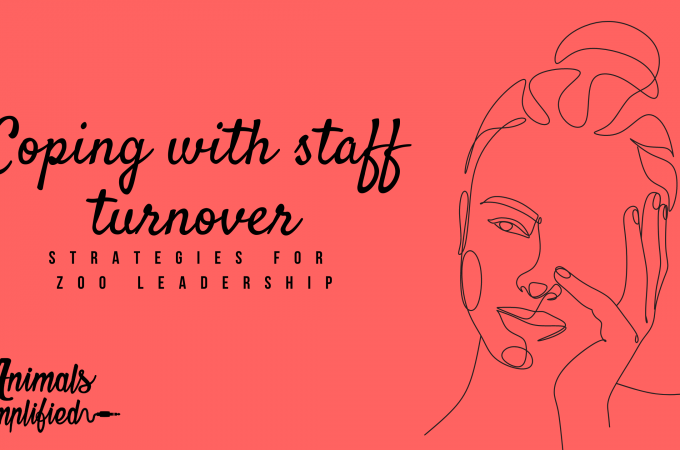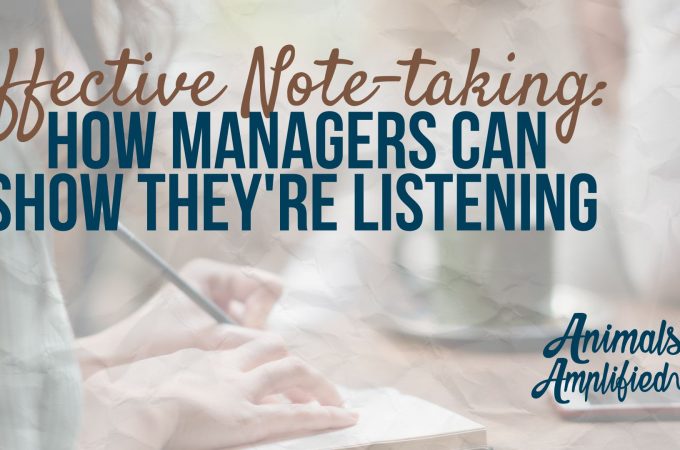
Move Forward Even When You Disagree
There are unfortunate times when things don’t go your way when others don’t see things the way you do. When you’re working in a team, there will be times when your plan isn’t THE plan. How do you move forward even when you disagree?
The pool of shared meaning
In the book Crucial Conversations, the authors discuss two parties who disagree. They believe both should add to the “pool of shared meaning.” Each person shares their thoughts, observations, opinions, etc.
We must make sure that everyone feels safe adding to the pool in a team. Even when ideas seem controversial, wrong, or at odds, excellent communicators make sure the team hears all opinions. Think of the pool as the group’s shared IQ—the larger the pool, the smarter the decisions.
In a discussion, making sure that all the ideas are heard and acknowledged is important. It is a significant first step to making sure you can move forward even when you disagree.
Decision time
Eventually, someone will make a decision. Sometimes that decision is in line with yours. Other times the decision isn’t what you had in mind.
Great leaders do something unique here. Regardless of whether they agree with the decision, they own it and defend it. They do this as if it were their own. At times this means there needs to be more conversation and question-asking. This time allows the leader to have the information they need to do buy-in.
If the decision is swinging your way, how can you help those who thought differently gather the information they need to support it? What evidence, thoughts, etc., does the team need to provide to move together?
Defend and Support
When you leave the discussion with a decision, be prepared to support that decision and defend it. If your team rolls their eyes, groans, complain, or questions, you will need to be ready with an explanation. Don’t leave the room until you can get there.
Stay calm, ask questions, and be honest. Try to keep your emotions tempered to gather what you need to move forward, even when you disagree.
What’s it look like?
Let’s use an example. You have a primate that has an injury to its leg. Your team wants to schedule a knockdown to get x-rays, suture the wound, and ensure everything is okay. You agree. The curator, however, wants to start on antibiotics and keep monitoring. Your team is furious. “That’s terrible welfare! That animal needs attention now.”
It’s time for a crucial conversation. You head to the curator’s office for check-in.
“Can you help me understand why a knockdown isn’t on the table for Matilda?” You ask your curator.
“Antibiotics will do the trick.” He answers as he looks at his computer.
Check your timing
“Is now a good time for a discussion on this? My team is upset, and I don’t think we have all the information you have. I’d love to spend some time discussing to get back to them with a good explanation.”
“Okay, sure. Why is the team upset?” He asks.
“They think the knockdown shouldn’t wait. They feel like the wound is pretty severe and that the leg might be broken because Matilda isn’t putting any weight on it.” You explain.
“Well, I’ve seen primates bounce back from more severe injuries. My concern is that if we separate her for the procedure with her being the least dominant female, it might be difficult or impossible to put her back.”
“I hadn’t thought of the social aspect. You’re right. That could cause a bigger fight. Can you tell me more about previous injuries you’ve seen and how they recover?”
The curator might share some historical knowledge that would help you. You might ask more about what behaviors, signs, and symptoms you can watch for that would change the course of action. Maybe you’ll even decide on a time to follow up or re-check in. At the end of the conversation, you should feel confident in your curator’s decision and be able to move forward even when you disagree.





